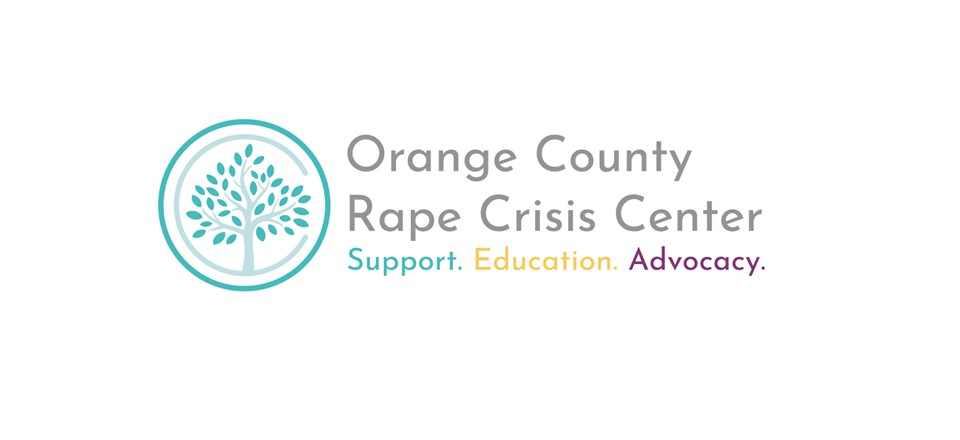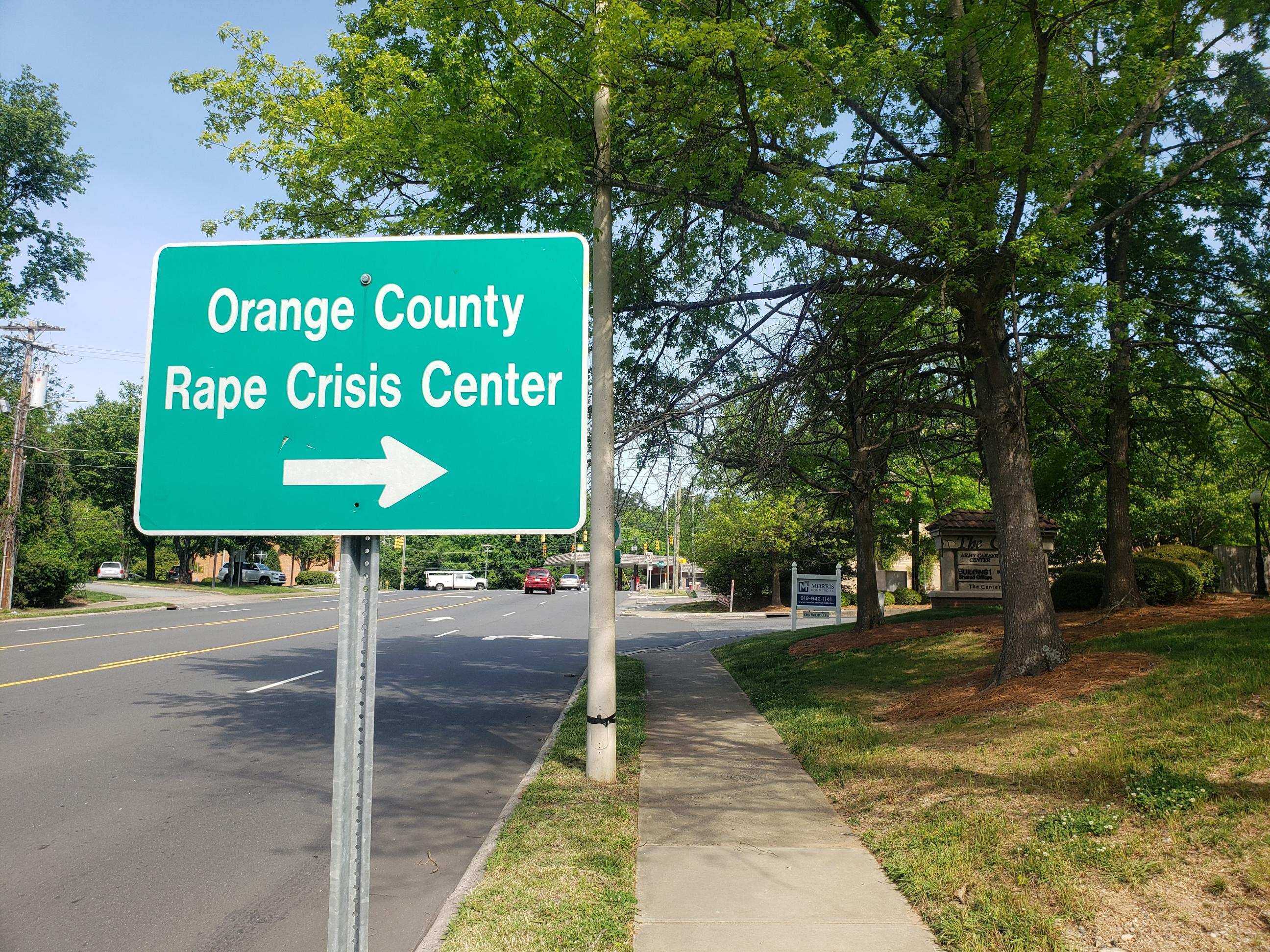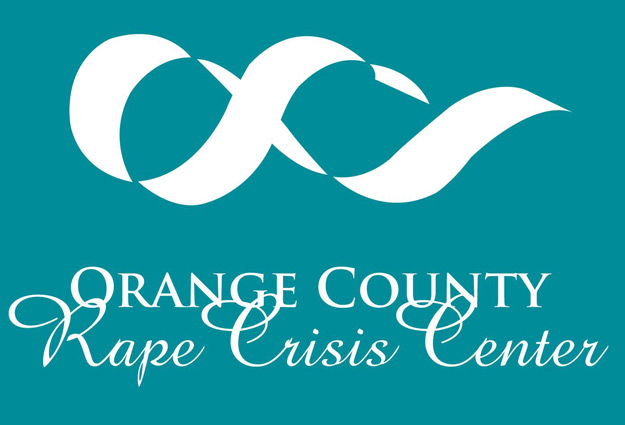As Sexual Assault Awareness Month comes to a close, the Orange County Rape Crisis Center is working harder than ever to support survivors through the pandemic and in the months to come.
For survivors of sexual violence, the sudden onslaught of the coronavirus pandemic has left many people to re-experience new grief and triggers.
The Orange County Rape Crisis Center, or OCRCC, has served survivors of sexual violence in the Chapel Hill, Carrboro, Hillsborough, and surrounding communities since 1974.
Their mission is to stop sexual violence and its impact through support, education, and advocacy.
To do this, the OCRCC offers a multitude of free and confidential services like their 24-Hour Helplines, advocacy and accompaniment to hospitals, support groups, workshops, therapy, and case management.
Rachel Valentine is the Executive Director of the Orange County Rape Crisis Center. She said, as schools were dismissed and stay-at-home orders were issued, the OCRCC was working hard to make sure there was no disruption in their services.
“We very quickly moved all of our client services to a virtual setting,” Valentine said.
Outside of transitioning their client services online, educational and outreach events had to be rethought.
With April being Sexual Assault Awareness Month, the OCRCC had several pre-planned events scheduled but, naturally, amid the pandemic, they had to readjust.
“We ended up having to cancel some of them, but some of them we were able to transition into online events,” Valentine said. “That worked remarkably well. It’s something that we’re hoping to hold on to even after we transition back to a more normalized work setting.”
Valentine said one event proved to be a new, annual favorite, even amid a national health crisis – writing letters of support to incarcerated survivors.
“In the face of so much uncertainty and so much distress that we can’t really do much about, I think it has been really important for folks in our community to find way where they can actually do something concrete and tangible that relieves some amount of suffering in the world.”
Throughout the pandemic, the OCRCC has also continued their student education, whether it be through live-stream story time or distributing a virtual, e-book reading list for young adults. Both of these educational resources revolve around themes of sexual assault awareness and survivor empowerment.
Valentine said these continued services and educational events are critical to survivors, as the various stressors of the pandemic continue to exacerbate triggers.
“A lot of the things that we are hearing over the helpline have to do with the ways that fear and anxiety and insecurity around basic needs and health issues are irritating and exacerbating pre-existing trauma symptoms,” Valentine said.
Additionally, Valentine said the quarantine can have a very negative impact on survivors. She has seen that impact grow as more people call into the center for help.
“One of the other stressors is isolation and the disruption to routines,” Valentine said. “For many survivors, routine is very important and it’s where they gather a lot of their strength and resilience. So having had those routines so thoroughly disrupted and having their connections to their networks of support so thoroughly disrupted is really difficult and can sort of send people back in some of their stages of healing.”
If you know someone who has experienced sexual trauma, Valentine said, even amidst changes stemming from the pandemic, the way you can support your loved one remains the same.
“When somebody does come forward and tell you that they have experienced sexual harm, we start by believing,” Valentine said. “We thank them for the courage that it takes to open up and share that, and then rather than racking our brains thinking about what kind of support we could give, we start by just asking the question ‘what do you need.’”
As we move forward into May, the OCRCC is now offering their clinical therapy online, for survivors facing significant barriers to accessing trauma-focused mental health care.
For more information on the Orange County Rape Crisis Center’s services and education tools, visit their website.
Additionally, you can find more resources by following and liking the OCRCC on Facebook and Instagram.
Lead photo courtesy of the OCRCC.
Chapelboro.com does not charge subscription fees. You can support local journalism and our mission to serve the community. Contribute today – every single dollar matters.






Comments on Chapelboro are moderated according to our Community Guidelines